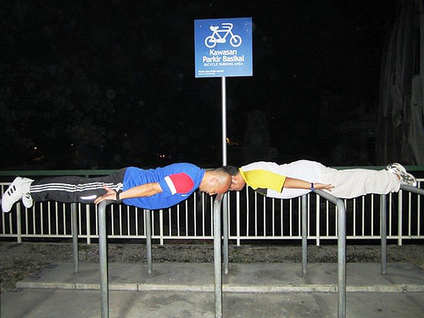They don’t have to answer to anyone but themselves
“You’re weird.”
“Thanks!”
What does being weird mean to you? Being different? Being quirky? Being provacative? Can you only define it relationally, as being not-normal?
Weird is a word weighed down by so many connotations it’s difficult to use with clarity. Even if we could objectively define weird, there’d be a weird scale that probably correlates directly with our own sense of confidence and weirdness. Viewed with the most positive connotation, weirdness is just another word for confidence.
Someone who is weird is confident in who they are. They defy the conventions of “normal”, of society, of convention itself, because they believe in who they are. They aren’t phased by outside pressure, always being true to themselves. And isn’t that something we all strive for?
In Why Weirdos Outperform Normals, the author points out a number of successful entrepreneurs—our contemporaries—naming their quirks. They fanatically watch football, eat Fritos, annoy people, try different things, fail, succeed, and are honest … sounds a lot like confidence, right?
We’ve already talked about how doing weird things can make you more creative—here’s a snippet: “Surprise someone. Surprise yourself. Do things that you wouldn’t normally do; that no one “normal” does. Don’t hurt anyone and don’t hurt yourself, but step outside of your patterns for the sake of art.” But what about simply BEING weird?
What if you were to embrace your weirdness—that is, who you are, without caving to any societal pressure? Not foregoing social norms, which can be positive, healthy constructions, but simply stepping outside of the patterns. Stepping outside social patterns, outside your patterns, outside of fear and into the light of your own power.
It might look a little weird in that light.

